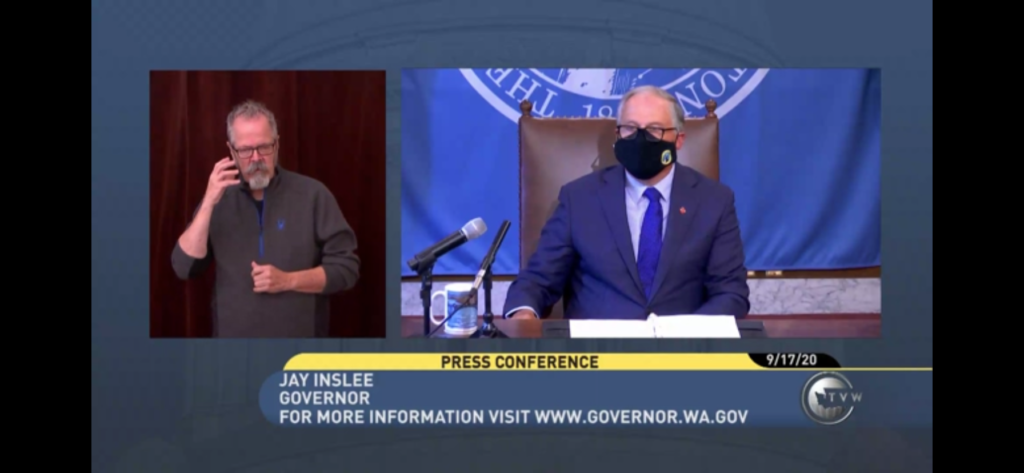When it comes to our mental and emotional health, state officials and medical experts warned today that Washingtonians are about to enter the toughest phase of the COVID-19 pandemic.
“We are headed into the disillusionment phase,” Dr. Kira Mauseth, co-lead of the Washington State Department of Health’s behavioral health strike team, explained during a press conference hosted by Washington Gov. Jay Inslee on Thursday, Sept. 17.
The disillusionment phase, marked by things like forgetfulness, anger, distraction, depression and anxiety, typically occurs six to nine months after the onset of a disaster or major crisis, Mauseth said.
“You may have noticed you are more forgetful than normal, or have trouble tracking details,” she said. “Maybe you’re more distracted or have trouble focusing. … Maybe you’ve noticed people are more quick to anger. People are more keyed up right now.”
All of those responses are a normal response to a pandemic that has lasted more than six months, Mauseth said.
“Six to nine months post disaster is typically the hardest for people. We struggle with what our ‘new normal’ is going to look like,” she said, adding that the struggle most Washingtonians will likely feel over the next few months is normal and expected. “It is part of the common experience. Not a single brain is immune to that.”
Some people may experience the disillusionment phase more severely than others, however, warned Mauseth. Many may be self-medicating with drugs and/or alcohol.



